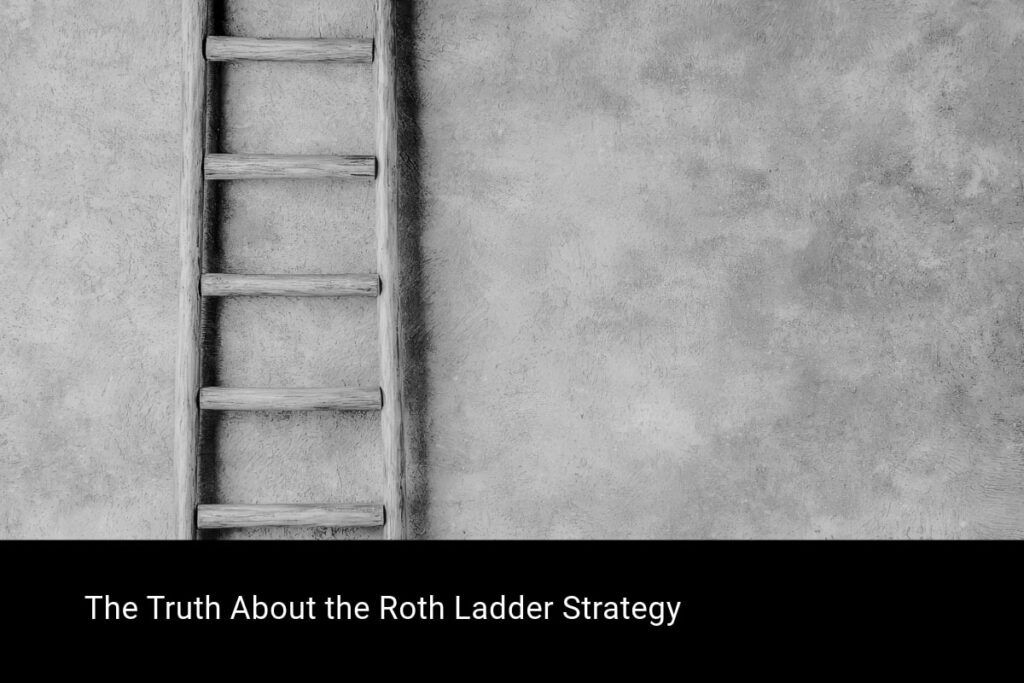What Every Startup Employee Must Know
If you are an employee at a startup, or recently joined one, Restricted Stock is a common way these types of companies compensate their employees (not to be confused with Restricted Stock Units). These restricted shares typically have a 4-year vesting schedule. The shares are then taxable upon vesting. But what happens if the start-up you are working for goes from a valuation of nearly $0 to being worth $100 million? It sounds exciting, but the tax consequences could be catastrophic. The 83(b) Election can be a way to avoid high-income taxes when your shares fully vest.
The Nightmare Scenario:
So let’s say you join an exciting new technology company with a limited number of other employees. To attract you to join the team you were granted Restricted Stock that vests over a 4-year period. You were granted a total of 1000 shares and the shares based on the company’s valuation is $1 for a total value of $1000. Now, let’s say the valuation of the company 3 years later jumps substantially and your stock now is worth $750 dollars a share for a total of $750,000. Upon vesting, you owe ordinary income tax based on this valuation. This could be a substantial amount coming out of your pocket in taxes alone, and perhaps you don’t have the cash to cover it. Because you are in this position, you are forced to sell your shares. The problem is that these shares are not like shares of stock that trade in a public market and are highly illiquid. You are now in a position with a large gain on paper, a large tax liability, and no way to capitalize or liquidate the shares to cover the tax bill. Enter the 83(b) Election.
RELATED READING:
Secret Weapon: The 83(b) Election
The 83(b) election is part of the tax code that can help alleviate this issue. Rather than pay ordinary income tax upon the shares’ vesting, you are electing to pay tax on the shares immediately, when you receive them. Paying income tax when the shares are worth $1 each is much better than paying taxes on them when they are worth $750 a share. Additionally, as you continue to hold the shares, any appreciation upon liquidation will be taxed at the more favorable capital gains rate as opposed to the higher income tax rate.
What You Need to Know Before Choosing the 83(b) Election
- An 83(b) Election must be filed with the IRS within 30 days of receipt of the stock grant.
- If you leave the company before the shares fully vest, you are out the taxes you paid on them.
If you were granted restricted stock at a startup, the 83(b) election can be an income tax savings strategy in the long term, provided you plan to remain at the company until those shares are vested. If you are working at a startup and have questions about Restricted Stock, or other equity compensation packages, and how they could affect your tax liability, MDRN Wealth can help. Set up a convenient time to discuss strategic tax planning solutions for startup employees with one of our advisors.











